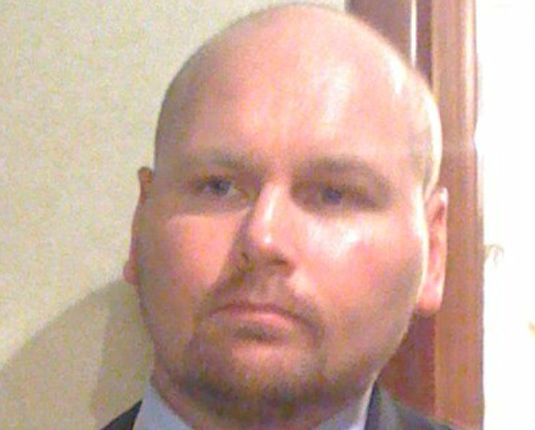

“If we really want to act in the workers’ interest, we have to start from the basics. Let us look at how national collective agreements are applied within production sites. Often they are cancelled, and trade union liberty is not respected. Here is my proposal: as EWC, let us create framework agreements to protect negotiation, and make sure that negotiation is respected within companies. “
“Ours is a funny EWC. We speak Spanish, although Carrefour is a French company. For a series of fortuitous reasons, we have adopted this language to communicate among delegates, and I have to say that we understand each other. Relationships with colleagues are very relaxed. We know that, in spite of the differences, it is important to achieve common goals. Sometimes, we seems to proceed in small, interminable steps, but if I look back I realize how many important results we have achieved over the past years.” Danilo D’Agostino is an open-minded, creative, person with a clear view of what needs to be done to improve the effectiveness of a works council.
To begin with, its members should be acquainted with the forms of agreement existing in the various countries. How many states have minimum wage? And how is sick leave dealt with? Knowing this helps you to put yourself in other people’s shoes, which is crucial for any strategy aiming at success.
“Let’s start from this, before venturing on the path of European negotiation.” D’Agostino does not hesitate on this point. It can be risky to go in this direction, there are too many conflicting interests, too many EWCs rooted on pro-company positions. “If we really want to act in the interests of workers, let’s start with the basics. Let’s look at the implementation of collective agreements within production sites. They are often cancelled, and trade union liberty is not respected. Here is my proposal: as EWC, let us create framework agreements to protect negotiation, and make sure that negotiation is respected within companies. We must weave a safety net focusing on people’s real needs, if we want to decide together about our future.»
We therefore need a type of training that takes these needs into account, but D’Agostino also has some suggestions concerning information. This time, his suggestions are addressed to the council he belongs to. The problem is not the lack, but the excess of data. During the regular meetings with the company, they tend to provide more information than necessary. Much of it is useless. They throw smoke in our eyes, which wastes a lot of energy. It would be better to select the information and go straight to the core of the issues. Of course, also consultation would benefit from this approach.
D’Agostino remembers an incident that occurred a few years ago. A Carrefour minority fund was pressing to split its management in two directions: one part was to deal with the European market, the other with the South American market. “Pure speculation. We were would have faced a breakdown. Before deciding, the management decided to consult the EWC. In the end, we wrote a joint statement rejecting the proposal. In a sense, we were involved in an instrumental consultation. But one thing is certain: our role was acknowledged.»
This project has been funded with support from the European Commission. This publication reflects the views only of the author, and the Commission cannot be held responsible for any use which may be made of the information contained therein.
Downloads
- REPORT FINALE ICARUS (261.1 KiB, 1,772 hits)
 Coorindamento per andare oltre la direttiva
Coorindamento per andare oltre la direttiva
Date: Wed Sep 30 13:31 A cosa servono i CAE
A cosa servono i CAE
Date: Wed Sep 30 13:28 Statistiche sui CAE
Statistiche sui CAE
Date: Wed Sep 30 13:20
-

-

ANTONIO ZAGARI – EWC SUEZ, FIOM CGIL, MILAN
12 September 2016 By Dedalus -

MARIO ONGARO – THE COORDINATOR OF FISAC CGIL INTERNATIONAL DEPARTMENT
12 September 2016 By Dedalus
-

José Manuel López Viñolo, EWC Saica Pack, CCOO de Catalunya
16 February 2016 By Dedalus -

-

Andrea Capelli – Solvay EWC, Filctem Cgil, Milan
12 July 2016 By Dedalus
-

GIULIO REGENI – UNDERSTANDING THE EGYPTIAN DEMOCRATIC WORKERS MOVEMENT
12 September 2016 By Dedalus -

Sonia Cattaneo – EWC Air Liquide, FEMCA CISL Milan
15 February 2016 By Dedalus -

Juan Ramón Amorós, EWC Boehringer-Ingelheim, CCOO
16 February 2016 By CCOO de Catalunya

Sito web a cura del Dipartimento Internazionale di CGIL Lombardia: internazionale@cgil.lombardia.it (Responsabile Fabio Ghelfi).



Leave a reply